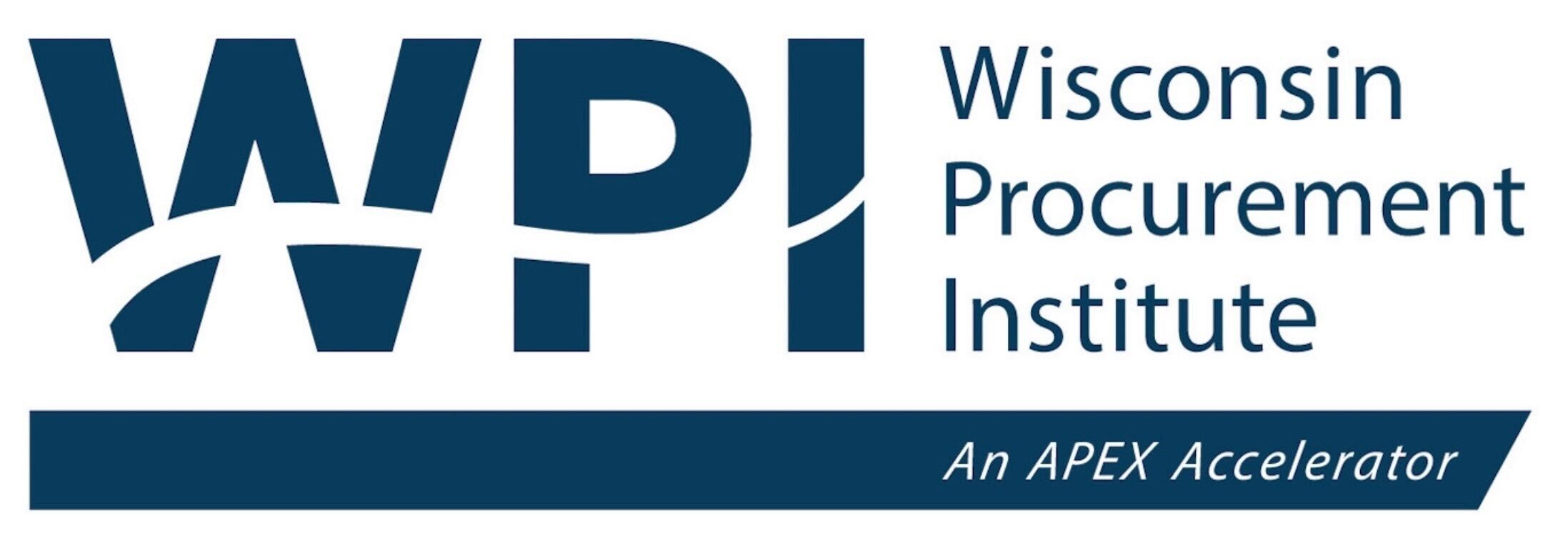Contractors are a critical force-multiplier during any disaster response. The U.S. Army Corps of Engineers (USACE) relies heavily on these partners in industry to help meet mission requirements quickly, efficiently, and effectively. To facilitate rapid engagement with the industrial base, USACE maintains an inventory of already awarded contract tools, pre-positioned to support major emergency response missions. These contracts are part of the USACE Advanced Contracting Initiative (ACI), a program developed and implemented specifically for emergency and disaster scenarios. This suite of targeted contract tools provides USACE with a rapid response capability to support a wide range of mission requests, to include needs such as bottled water, packaged ice, debris removal, and temporary roofing. All companies doing business with USACE must be registered in the System for Award Management (SAM) and their registration must be in an active status.
To learn more, click here.
